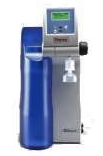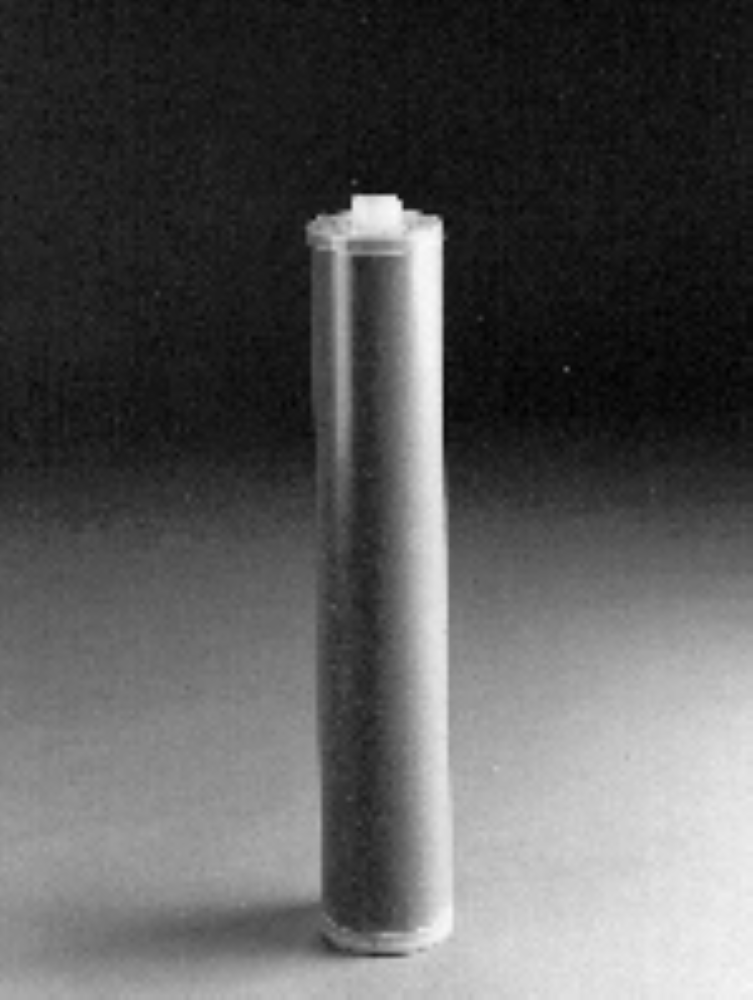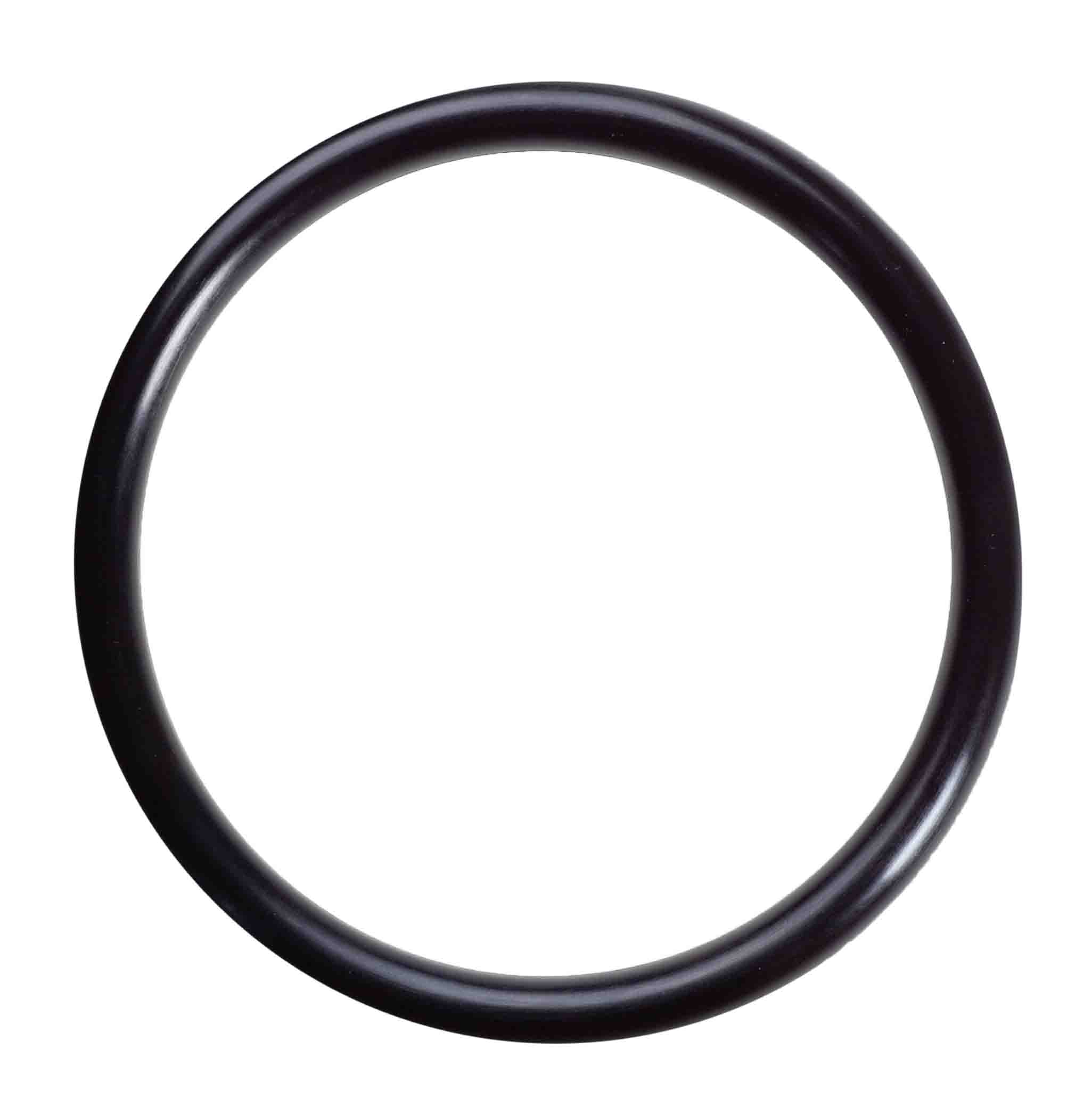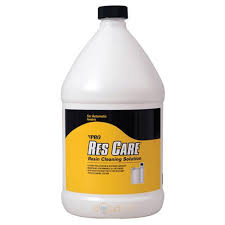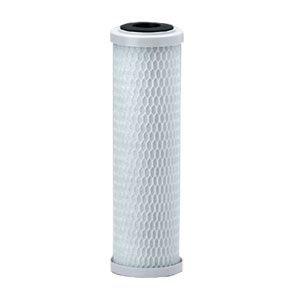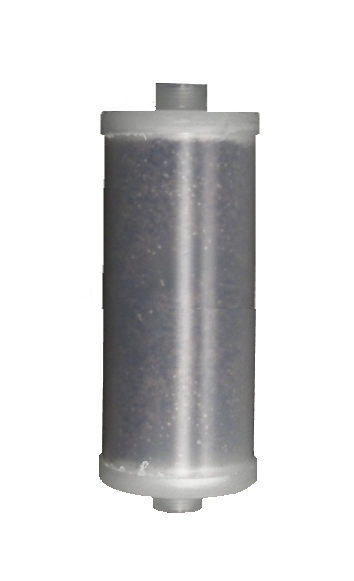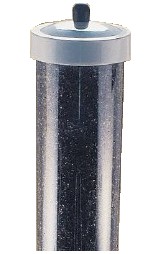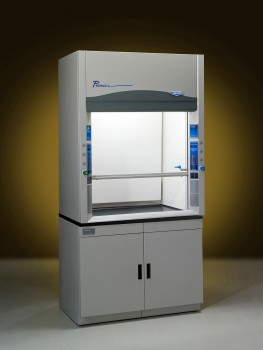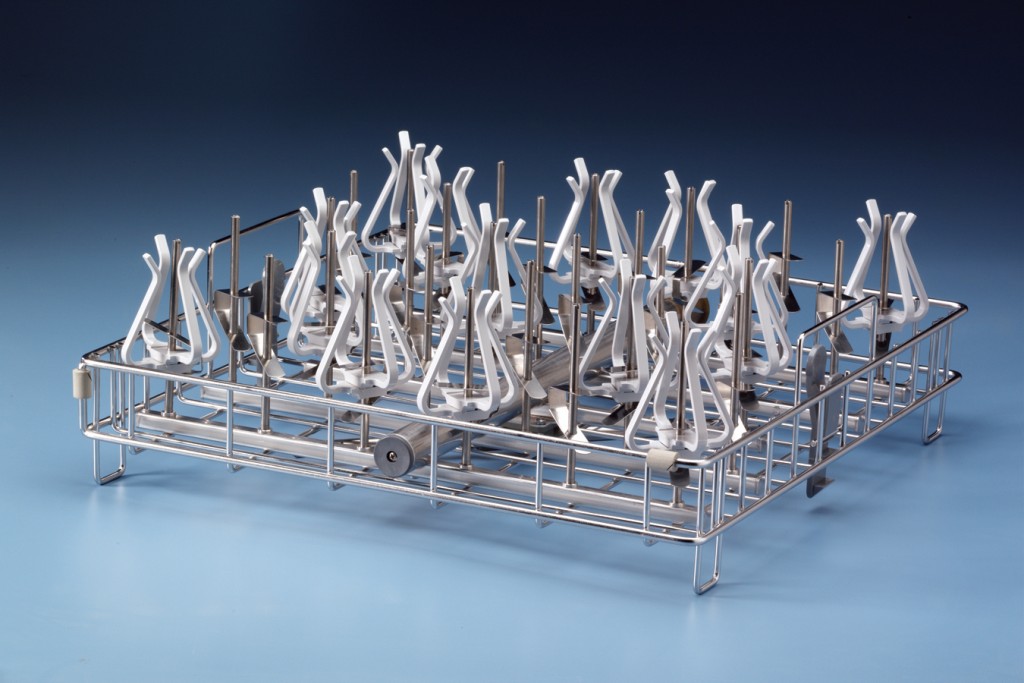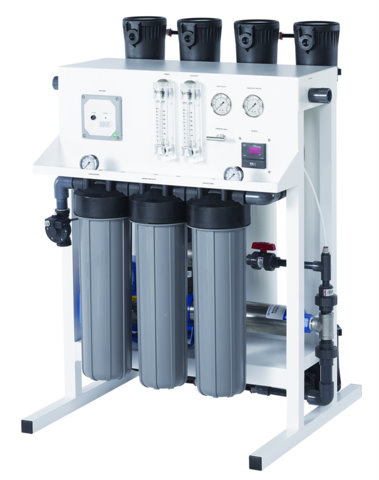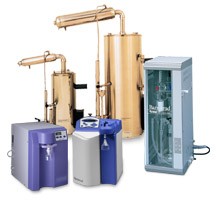 |
Need a New Laboratory Water System?
We have many to choose from. We can save you thousands on
Complete Systems and replacement filters for most brands. |
Copper and Drinking Water from Private Wells
What is copper?
Copper is a reddish metal that occurs naturally in rock, soil, plants, animals, water, sediment, and air. Since copper is easily shaped or molded, it is commonly used to make coins, electrical wiring, and household plumbing materials. Copper compounds are also used as agricultural pesticides and to control algae in lakes and reservoirs. All living organisms including humans need copper to survive; therefore a trace of copper in our diet is necessary for good health. However, some forms of copper can also harm you.
How can I be exposed to copper?
Copper and its compounds are found in many places in the environment, in the air we breathe, the water we drink, and the foods we eat. You can also be exposed when your skin comes into contact with soil, water, or other copper-containing substances.
Where and how does copper get into drinking water?
The level of copper in surface and groundwater are generally very low. High levels of copper may come from fertilizers, septic systems, animal feedlots, industrial waste, and food processing waste. Copper may occur in drinking water either from contaminated well water or corroded copper pipes. Corrosion of pipes is by far the greatest cause for concern.
What are the symptoms of copper exposure?
Immediate health effects from drinking water with very high levels of copper include nausea, vomiting, diarrhea, and stomach cramps. Drinking water with high levels of copper for many years could cause liver or kidney damage.
Children under the age of one and people who have Wilson’s disease may be more sensitive than others to the effects of copper. These persons may want to consider other drinking water sources if their water contains high levels of copper.
What should I do if I have concerns about copper exposure?
See your health care provider to discuss your concerns.
How is copper exposure diagnosed?
Copper can be measured in the blood and urine. High levels of copper in these fluids can show that you have been exposed to high levels of copper. The specialized tests needed to measure the copper levels of blood or urine are not available at most doctors’ offices, but can be done at special laboratories. However, these tests cannot tell you when you were exposed, how much copper you were exposed to, or whether health effects will occur.
What is the treatment for high copper exposure?
There are treatments that will reduce the amount of copper in your body. Treatment often consists of nutritional therapy and exercise, which helps your body produce the substances it needs to lower copper levels. Consult with your health care provider.
How do I remove copper from my drinking water?
Please DO NOT heat or boil your water to remove copper. Because some of the water evaporates during the boiling process, the concentration of copper can increase as you boil the water.
If the copper in your drinking water is from your plumbing system, flushing the water system before using the water for drinking or cooking is a practical option. Any time a faucet has not been used for several hours (approximately 6 or more), you can flush the system by running the water for about 2-3 minutes or until the water becomes as cold as it will get. Flush each faucet individually before using the water for drinking or cooking. Water flushed from the tap can be used for watering plants, washing dishes or clothing, or cleaning. Avoid cooking with or drinking water from hot water taps, because hot water dissolves copper more readily than cold water does.
You may also wish to consider water treatment with a neutralizing filter. If you want to know more about these filters, please contact NSF International, an organization for public health and safety through standards development, product certification, education, and risk management.
NSF International
3475 Plymouth Road
P.O. Box 130140
Ann Arbor, Michigan 48113-0140
Phone number: (877) 867-3435
Web site: http://www.nsf.org
Copper can be removed from water successfully by using treatment processes such as Reverse Osmosis and distillation at each separate faucet. To be effective, these treatment options require careful maintenance and testing. Contact your local health department for recommended procedures.
Revised Summer 2003
http://www.cdc.gov/ncidod/dpd/healthywater/factsheets/copper.htm
|
Images are representative of the products. Images may or may not be of the actual product. If it is important e-mail us for an actual image if available.
* Flat Rate UPS shipping when able to ship via UPS and is in the USA excluding Hawaii and Alaska.
Larger Items may not be able to ship via UPS, in that case freight charges will be quoted seperately.
International shipping will be quoted after the order is placed. You will have the opportunity to cancel before we finalize your order.
Terms and conditions
Credit Application
Privacy
Policy
List All Products
|




